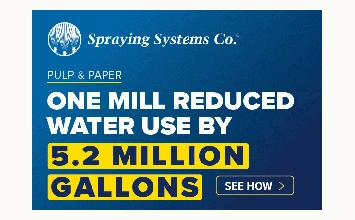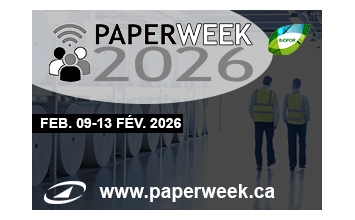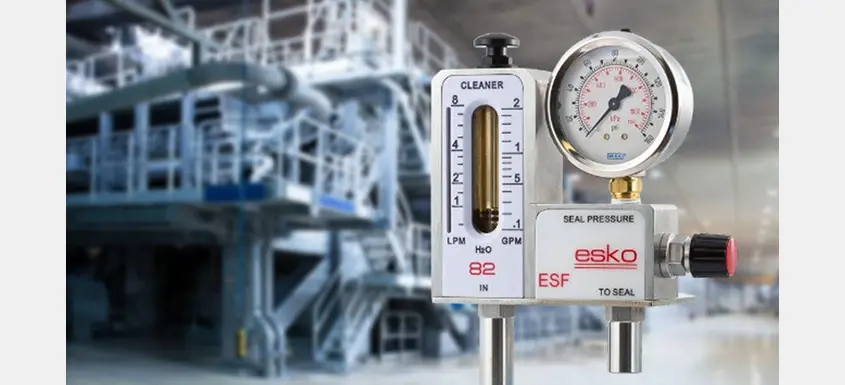Sappi’s latest financial report paints a picture of a company in consolidation mode, steering cautiously through turbulent market waters while keeping its focus on core financial stability.
For the year ended September 30, 2025, the Johannesburg-based group posted an adjusted EBITDA of US$501 million and a net loss of US$177 million. While the figures underline softer market conditions, Sappi’s healthy liquidity position — US$219 million in cash and over US$600 million in unused credit lines — suggests a deliberate emphasis on balance-sheet control over expansion.
CEO Steve Binnie’s “Back to Basics” approach, centered on cost optimization and debt reduction, reflects a broader shift within the global pulp and paper sector. As many producers confront weak demand, rising costs, and a prolonged recovery in graphic papers, Sappi is paring back capital expenditure to below US$300 million annually and freezing major growth projects through 2027.
Managing volatility across regions
In its home market, South Africa, Sappi held steady despite currency volatility and weaker dissolving wood pulp (DWP) prices. Encouragingly, containerboard sales found support from an unexpectedly strong citrus season — a local bright spot in an otherwise subdued demand climate.
North America remains Sappi’s key growth region, with the newly upgraded Somerset Mill in Maine emerging as a strategic pillar. The complex PM2 conversion and expansion, now ramping up production, boosted packaging and specialty paper volumes by 22% compared with last year. Yet profitability remains under pressure due to transitional inefficiencies and muted pricing.
In Europe, where chronic overcapacity continues to weigh on margins, Sappi delivered modest gains from its label paper segment while managing to stabilize paperboard and flexible packaging demand. Despite these efforts, the region’s adjusted EBITDA fell short at only €58 million.
Debt discipline over expansion
Sappi’s decision to issue €300 million in sustainability-linked bonds earlier this year reinforced lenders’ confidence in its long-term direction. It also signaled a more measured phase of financial management after several years of major portfolio adjustments.
The group is now concentrating on extracting value from its recent investments, such as the Somerset upgrade, sustainability-led product innovations, and efficiency improvements across its mills. These modest gains are expected to position the company advantageously when market fundamentals strengthen.
Binnie acknowledged that conditions remain challenging: with persistent geopolitical tensions and uneven global demand, the first quarter of fiscal 2026 is projected to yield a lower adjusted EBITDA than the preceding quarter. Still, the company demonstrates steady discipline, prioritizing cash generation and financial resilience over short-term volume growth.
In an industry increasingly defined by cyclical shifts and structural change, Sappi’s guarded posture may prove a prudent one — a strategic pause designed not merely to endure the downturn, but to emerge leaner and better equipped for the next growth phase.
Sappi Limited is a global diversified woodfibre company headquartered in Johannesburg, South Africa. Operating manufacturing sites on three continents and selling to more than 150 countries, Sappi produces packaging and specialty papers, graphic papers, pulp, and biomaterials—primarily from renewable resources.
Source: Sappi























































